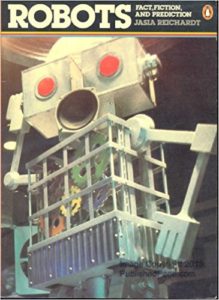Henry’s recent post on the irrelevance of conservative intellectuals reminded me of this one from 2013, which concluded
Conservative reform of the Republican party is a project that has already failed. The only question is whether the remaining participants will choose hackery or heresy.
Overwhelmingly, the choice has been hackery (or, a little more honorably, silence).
The case for hackery is put most clearly by Henry Olsen. Starting from the evident fact that most Republican voters are white nationalists who don’t care about small government, Olsen considers the options available to small government conservatives. He rapidly dismisses the ideas of challenging Trump or forming a third party, and concludes that the only option is to capitulate. Strikingly, the option of withdrawing from party politics, and arguing for small government positions as an independent critic isn’t even considered.
As Paul Krugman has observed recently, conservative economists (at least, those who comment publicly). are a striking example for the choice of hackery over heresy. Krugman, along with Brad DeLong, has been particularly critical of a group of economists (Robert Barro, Michael Boskin, John Cogan, Douglas Holtz-Eakin, Glenn Hubbard, Lawrence Lindsey, Harvey Rosen, George Shultz and John. Taylor) who’ve made dishonest arguments in favor of corporate tax cuts.
Recently, an overlapping group (Boskin, John Cochrane, Cogan, Shultz and Taylor) have taken the hackery a significant step further.
